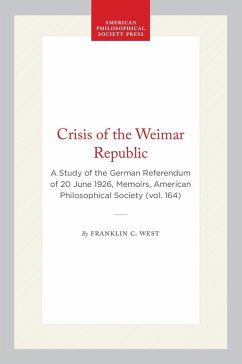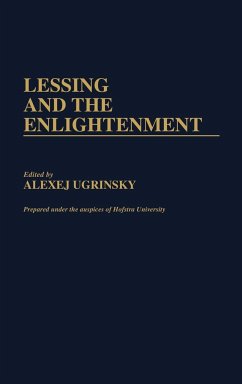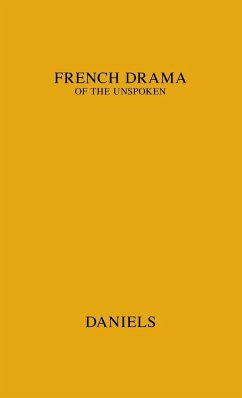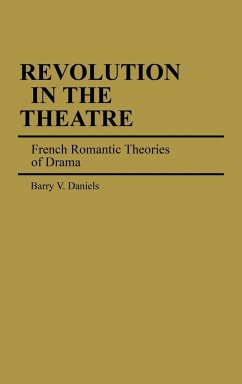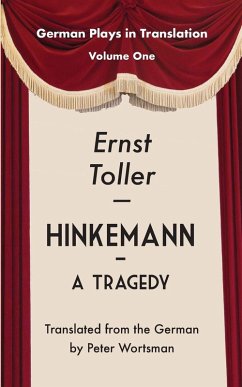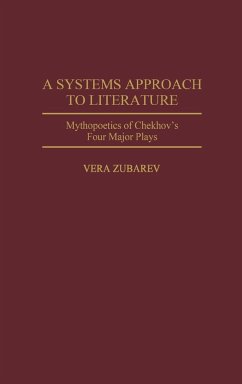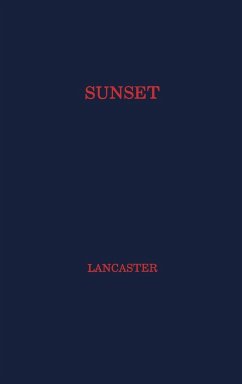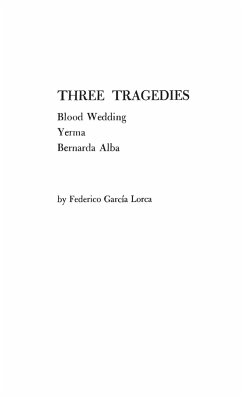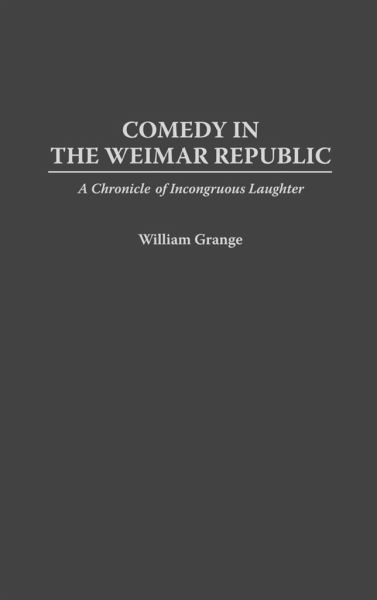
Comedy in the Weimar Republic
A Chronicle of Incongruous Laughter
Versandkostenfrei!
Versandfertig in 1-2 Wochen
53,99 €
inkl. MwSt.

PAYBACK Punkte
27 °P sammeln!
Theatre was one of many German institutions experiencing profound change in the aftermath of World War I. Grange contends that had comedy not prevailed throughout the turbulent years of the ill-fated Weimar experiment in democracy, much of theatre would have died along with the republic itself. Audiences attended performances of comedies in numbers far surpassing those of any other form of theatre. Theatre was one of many German institutions experiencing profound change in the aftermath of World War I. Grange contends that had comedy not prevailed throughout the turbulent years of the ill-fate...
Theatre was one of many German institutions experiencing profound change in the aftermath of World War I. Grange contends that had comedy not prevailed throughout the turbulent years of the ill-fated Weimar experiment in democracy, much of theatre would have died along with the republic itself. Audiences attended performances of comedies in numbers far surpassing those of any other form of theatre. Theatre was one of many German institutions experiencing profound change in the aftermath of World War I. Grange contends that had comedy not prevailed throughout the turbulent years of the ill-fated Weimar experiment in democracy, much of theatre would have died along with the republic itself. Audiences attended performances of comedies in numbers far surpassing those of any other form of theatre. Industrial comedy describes the most important and most predominant form of comedy on German stages from 1919 to 1933. Discoveries, reversals, mistaken identities, and abrupt plot twists were its stock-in-trade. Scholars and students of theatre as well as modern German history will find this a fascinating look at why Germans were laughing, and what they were laughing at, as their society crumbled around them.



